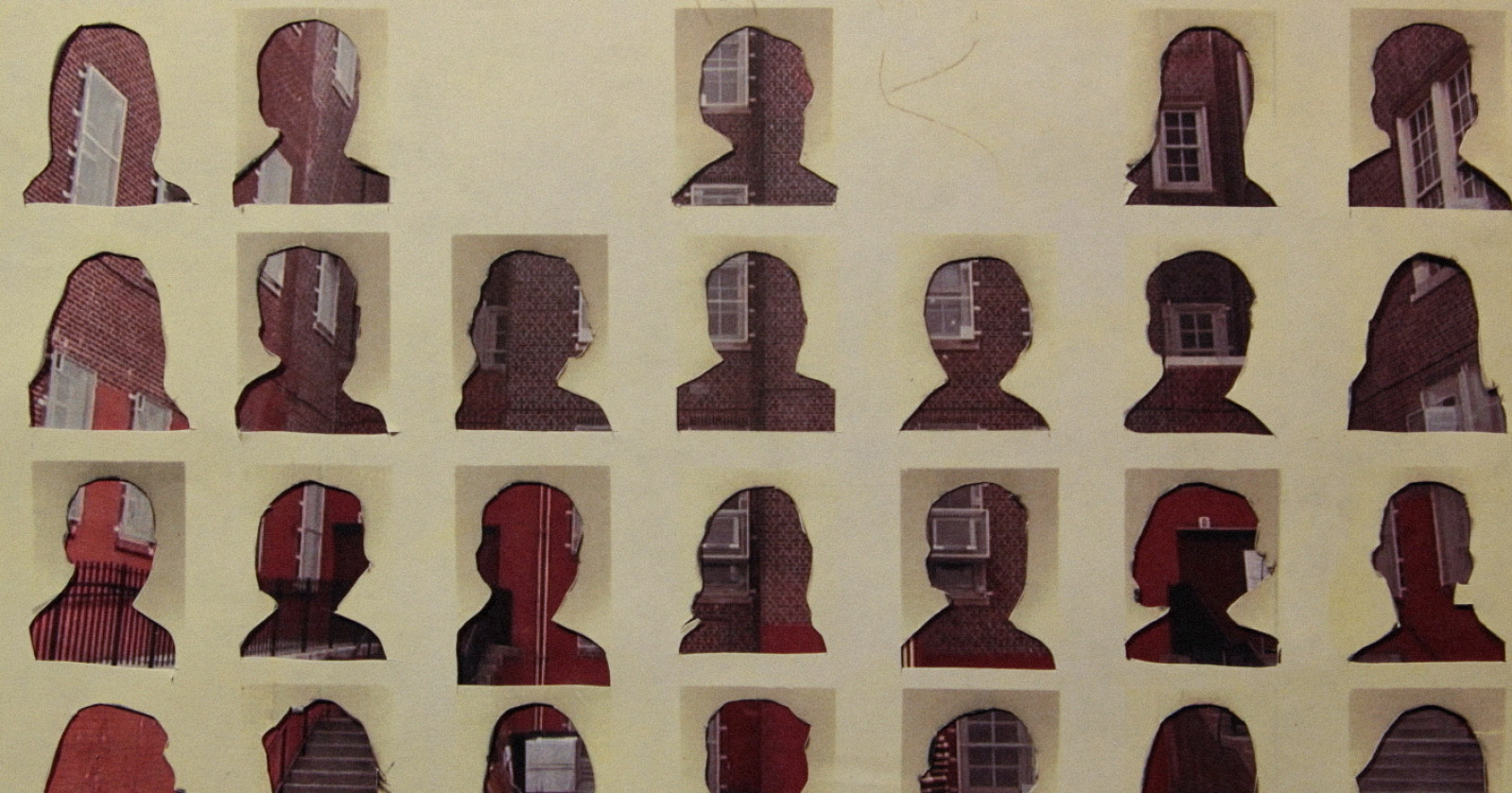
„A Short Story About Bullying”. We Spoke to Jay Rosenblatt, the director of the Oscar-nominated short documentary24.03.2022
When We Were Bullies is an Oscar-nominated short documentary that can be considered an archive educational film for young generations. It tells a story of an early chapter of Jay's Rosenblatt life when he and his other colleagues from the 5th-grade class participated in literal bullying: they mentally and physically abused one of the weaker boys.
After 50 years, he tracks down his past friends to see what they remember of a bullying incident. Rosenblatt begins to understand the complicity of this accident, and he discovers the dark truth that the bully can be found in every one of us. This documentary had its premiere at Sundance, apart from the Oscar nomination it was also honoured with an award for the "Best Short Documentary" at Florida Film Festival and got nomination during the AFI DOCS Film Festival.
In your film, you're reaching out to the past and your childhood friends. Did you have any apprehensions about tracking down your classmates from 5th Grade?
Jay Rosenblatt: I guess there was some concern. I didn’t know how many classmates I could find, and I wasn’t sure they would remember the incident or be willing to talk about it if they did. It turns out that everyone was very open and ready to contribute.
How cathartic was it for you to look back at this period in your life?
It was very cathartic, even more than I would have imagined. I really enjoyed all my conversations with my 5th-grade classmates. I don’t do Facebook, so I don’t experience the kind of social media connections that many people seem to have. Surprisingly, after all these years, people still remembered things about me that I thought I had hidden.
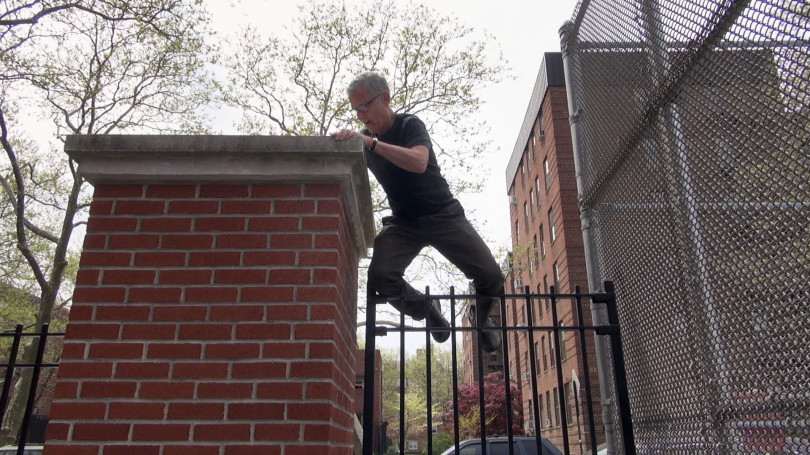
What would you say was the most valuable lesson you took from your experience while making When We Were Bullies?
I used to believe that being a “collaborator” was somehow less egregious than being the actual bully or ringleader, but I now see it as just as bad. I think I was holding it that way not to feel as guilty or ashamed.
Is there anything you would say to the younger you from this time?
I wish you had the courage and wherewithal to say “stop” when you could have. That said, I forgive you.
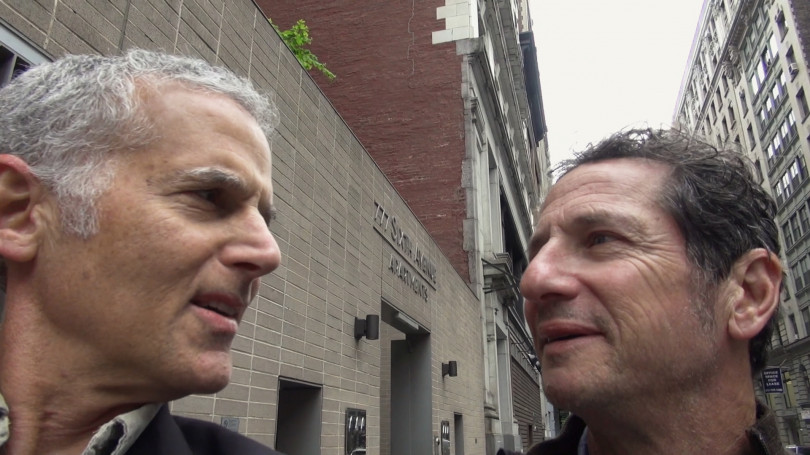
What is it about documentary filmmaking that interests you so much?
Firstly, I truly believe that truth can be stranger than fiction. I also think pushing the boundaries of documentary filmmaking is really exciting and liberating.
How much has your approach to your films and the stories you tell changed since you started?
When I was in film school, I thought I would make narrative films, and I thought I would always need a script first. I eventually realised that the kind of filmmaking I was drawn to was editing; that was where the creation took place! So I started to collect materials to use and figure them out later. As long as I had the passion for the general idea, I knew I would come up with something if I kept at it. And I also decided that I would not finish a project until I was completely satisfied.
Do you have any advice you would offer a fellow filmmaker?
I think the answer right above is my advice. To reiterate: remember to only make films you are passionate about and never give up.
And finally, what do you hope audiences will take away from When We Were Bullies?
Ideally, my film will invite and hopefully move viewers to think about their own bullying stories, whether they were bullies, collaborators, or victims. I believe that many of us have been all three.
see also
- More Than Just a New Name. What Changes Can Contestants Expect from This Year’s Papaya Young Creators?
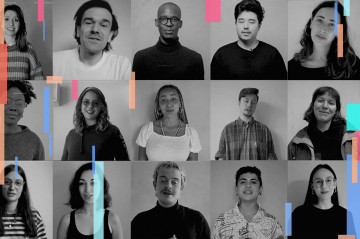 Papaya Young Directors
Papaya Young DirectorsNews
More Than Just a New Name. What Changes Can Contestants Expect from This Year’s Papaya Young Creators?
- Studio Ghibli Releases Free Backgrounds for Video Meetings
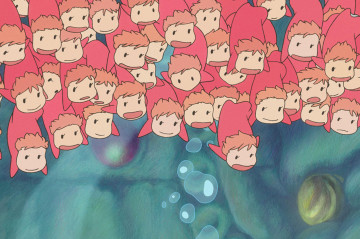
News
Studio Ghibli Releases Free Backgrounds for Video Meetings
- Instagram reality
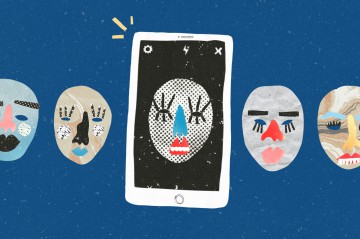
Trends
Instagram reality
- See 5 Ads From Around the World That Will Change How You See Advertising Papaya Young Directors
Opinions
See 5 Ads From Around the World That Will Change How You See Advertising
discover playlists
-
Papaya Young Directors 5 Autorytety
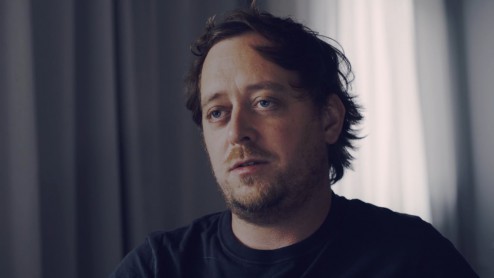 12
12Papaya Young Directors 5 Autorytety
-
Music Stories PYD 2020
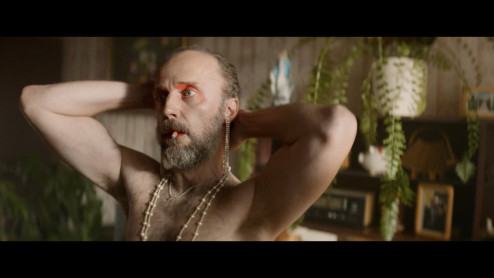 02
02Music Stories PYD 2020
-
Nagrody Specjalne PYD 2020
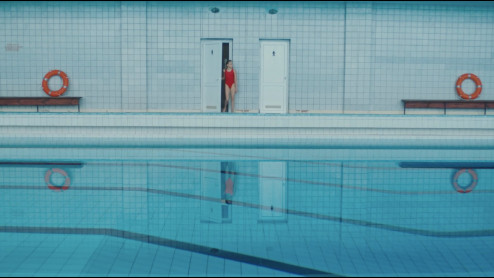 02
02Nagrody Specjalne PYD 2020
-
Papaya Young Directors 7 #MASTERTALKS
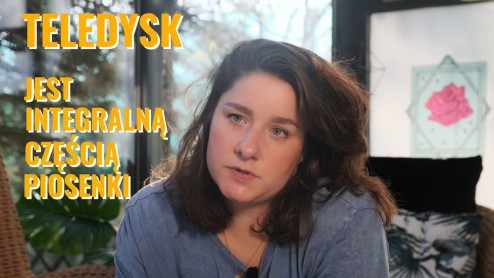 18
18Papaya Young Directors 7 #MASTERTALKS
